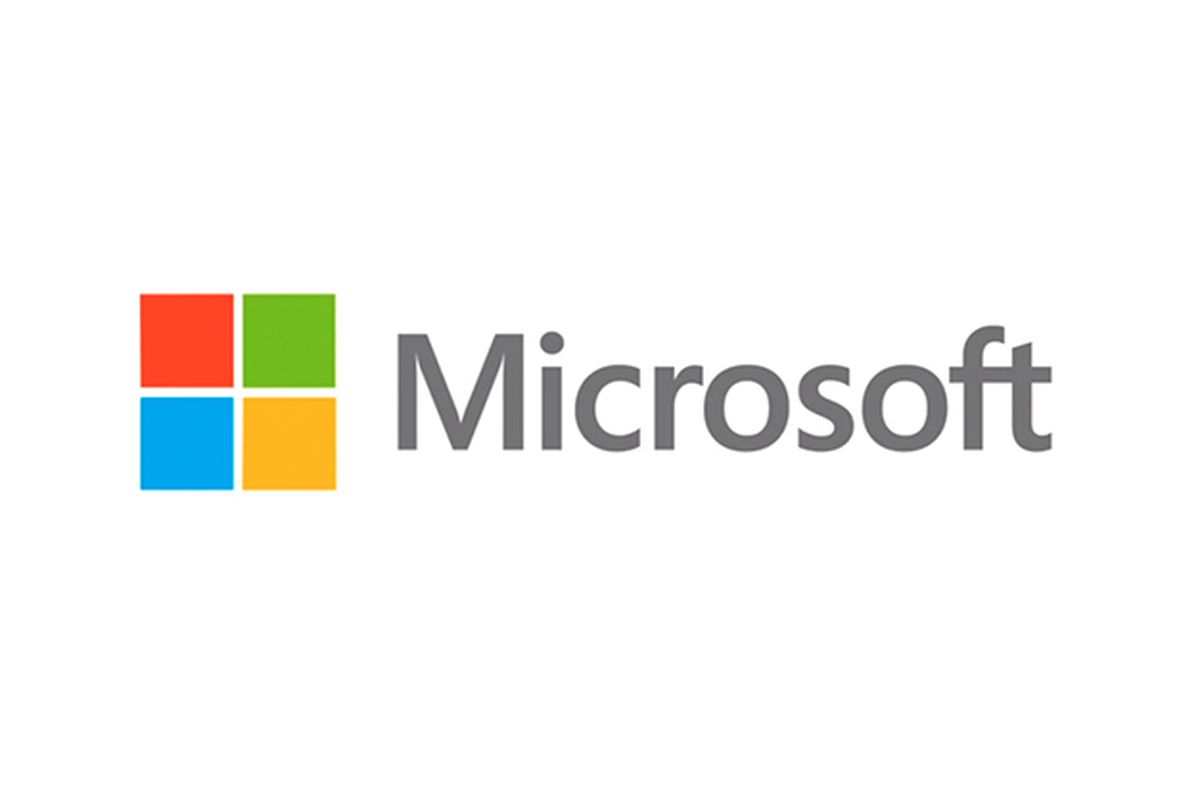MTA Security Fundamentals
Essential skills to star your career in Computer Security
Graduate School of Management
Summary
- Exam(s) / assessment(s) not included in price, and must be purchased separately
- Tutor is available to students
Overview
MTA Security Fundamentals course is geared toward those looking to learn basic operating system security fundamentals. This course will also prepare students to take and pass the MTA Security Fundamentals exam (98-367). The four main topics covered in this course are: security layers, operating system security, network security, and security software. This course will also improve employability prospects for those trying to gain an entry-level IT support/desktop position with some basic security knowledge requirements.
Certification
MTA: Microsoft Technology Associate
Description
Session 1
Section A: Introduction
- Course Opening; How to Study
Section B: Core Security Principles
- Confidentiality
- Integrity, Availability
- Threats and Risk Impacts
- Risk Register
- Principle of Least Privilege
- Social Engineering
- Attack Surfaces, Threat Modeling
Section C: Physical Security
- Site Security
- Computer Security, Removable Drives
- Access Control, Device Security
Section D: Internet Security
- Browser Security Settings
- Secure Websites
Section E: Wireless Security
- Security Types
- SSIDs, MAC Filters
Session 2
Section A: User Authentication
- Multifactor Authentication
- Smart Cards
- RADIUS
- Biometrics
- Administrative Tasks
Section B: Permissions
- File System Permissions
- Share Permissions
- Registry
- Active Directory
- Permission Inheritance
- Permissions When Copying or Moving Files
- Multiple Groups and Permissions
- Basic and Advanced Permissions
- Take Ownership
- Delegation
Section C: Password Policies
- Password Complexity
- Password Length and History
- Account Lockout Policies
- Use Group Policy to Enforce Policies
- Common Attack Methods
- Password Reset Procedures
- Protect Domain Passwords
Section D: Audit Policies
- Auditing Types
- What Can Be Audited
- Enable Auditing
- What to Audit
- Save Audit Information
- Secure Audit Information
Section E: Encryption
- EFS
- Moving and Copying EFS Files
- BitLocker
- Hardware and Software-Based Encryption
- Mall Encryption
- VPN
- Public and Private Keys
- Encryption Algorithms
- Certificate Properties
- Certificate Services
- PKI
- Token and Lockdown Devices
Section F: Malware
- Buffer Overflow
- Viruses, Worms, and Trojan Horses
- Spyware, Ransomware, Adware
- Rootkits
- Backdoors, Zero Day Attacks
Section G: Session 2 Recap
- Domain 2 Test Tips
Session 3
Section A: Dedicated Firewalls
- Firewalls and Their Characteristics
- Hardware Firewalls
- Software Firewalls
- Stateful and Stateless Inspection
- Security Compliance Manager
- Security Baselines
Section B: Network Isolation
- Routing
- Honeypot
- Perimeter Networks
- Network Address Translation
- VPN and IPsec
- Server and Domain Isolation
Section C: Protocol Security
- Protocol Spoofing
- IPsec, Tunneling and DNSSEC
- Network Sniffing
- DoS Attacks
- Common Attack Methods
Section D: Session 3 Recap
- Domain 3 Test Tips
Session 4
Section A: Client Protection
- Antivirus
- Unwanted Installation Protection and UAC
- Operating System and Software Updates
- Encrypt Offline Folders
- Software Restriction Policies
- Principle of Least Privilege
Section B: Understand Email Protection
- Antispam and Antivirus
- Spoofing, Phishing, and Pharming
- Client and Server Protection
- SPF Records
- PTR Records
Section C: Server Protection
- Separation of Services
- Hardening
- Keep Servers Updated
- Secure Dynamic DNS Updates
- Unsecure Authentication Protocols
- Read-Only Domain Controllers
Section D: Session 4 and Course Recap
- Domain 4 Test Tips
- Final Test Tips
- Conclusion
Who is this course for?
If you want to pursue a career in IT Security then this course will give you all the knowledge and skills you need to get started.
Requirements
Although there are no formal pre-requisites required, a basic understanding of computers and working online would be advantageous prior to starting this course.
Career path
With this certification you can look towards entry-level Computer security careers.
Questions and answers
Currently there are no Q&As for this course. Be the first to ask a question.
Reviews
Currently there are no reviews for this course. Be the first to leave a review.
Legal information
This course is advertised on reed.co.uk by the Course Provider, whose terms and conditions apply. Purchases are made directly from the Course Provider, and as such, content and materials are supplied by the Course Provider directly. Reed is acting as agent and not reseller in relation to this course. Reed's only responsibility is to facilitate your payment for the course. It is your responsibility to review and agree to the Course Provider's terms and conditions and satisfy yourself as to the suitability of the course you intend to purchase. Reed will not have any responsibility for the content of the course and/or associated materials.


